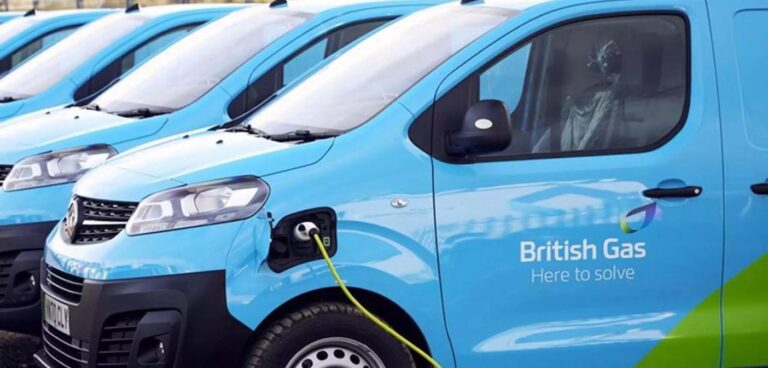A case study of UK energy supplier Centrica’s electric vehicle (EV) take-up has revealed some interesting insights into the attitudes, challenges and unexpected by-products of electrifying fleets of company vehicles.
Centrica, which owns British Gas, began its transition to an EV fleet in 2019 with the aim of being totally electric by 2025. One of the first issues it faced was driver attitudes, with only 30% willing and able to offer driveway space and just 5% open to the transition.
Incentives were offered to encourage an EV transition including fully subsidised home charging points and access to higher specification vehicles. Speaking at CBRE’s Driving the Charge to an Electric Fleet event in London last month, Graeme McClelland, alliance director for CBRE GWS said he supported the incentive strategy.
“Thanks to the benefit of that cost reduction through home charging, we believe it takes between six and nine months from a typical 16,000 miles a year of driving before it all pays for itself. So, if you think an employee is going to work for you longer than those six to nine months then it really is worth putting a charger in at their home as soon as possible.”
However, if a vehicle can’t be charged at the driver’s home or at a depot or office, businesses could pay a premium for using the public charging network and face problems such as chargepoint availability. In fact, some 14% of the Centrica pilot group said they relied solely on the public charging network to charge their EV.

Asked at the CBRE event whether the UK’s current EV charging infrastructure can support widespread fleet electrification, Simon King, consultant fleet director at EV charger provider ChargePoint, said: “About 50% of people in the UK can charge at home, which means that, for the average fleet, 50% can be transitioned without a problem.”
King encouraged fleet operators to make the transition where they could and cited infrastructure investment schemes such as the Local EV Infrastructure (LEVI) Fund to help provide solutions for those unable to charge at home.
The Centrica study also revealed some unexpected benefits of transitioning to EVs. For example, a 17% reduction in road traffic accidents was recorded, which is partly attributed to drivers reducing their speed in an EV more so than in a petrol or diesel vehicle to preserve battery and extend range.
Although health and safety may not be at the forefront of drivers’ minds, it is a fascinating by-product of the switch to EVs that suggests an additional benefit of a nationwide EV transition to the UK’s roads and city infrastructure.





